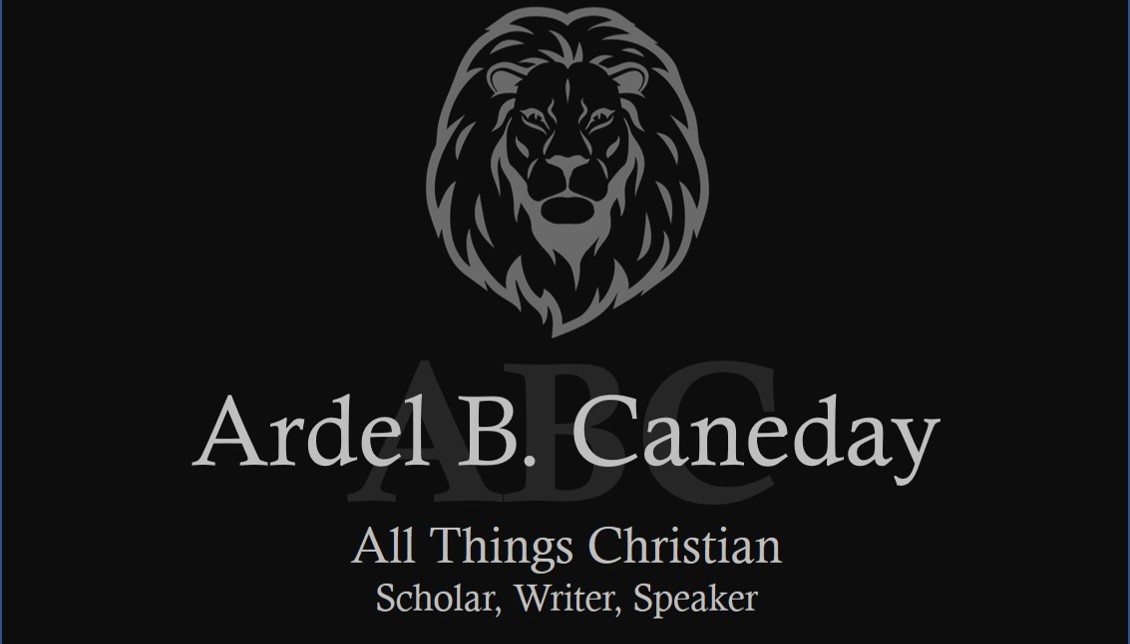Because I am not a regular reader of The Heidelblog, I had no knowledge that the chapter that I had written five years ago for Progressive Covenantalism: Charting a Course between Dispensational and Covenantal Theologies was featured yesterday as the Heresy du Jour. (The title of my chapter is “Covenantal Life with God from Eden to Holy City.”) A friend sent me a link last evening. When I read it, I was disappointed, indeed, but not shocked. After all, in a brief portion of my essay I critically engaged R. Scott Clark’s theological explanation of Hebrews 12:14–“Make every effort to live in peace with everyone and to be holy; without holiness, no one will see the Lord.” Not until I reached the end of the article my friend linked for me did I realize that Harrison Perkins wrote the blog article and not R. Scott Clark.
Because others will surely read the blog article and be taken in by Harrison Perkins’ criticisms that are caricatures of my affirmations and argument, I will respond on my own blog, here. I anticipate that I will do so in a series of three or four short articles rather than one when I can take the time to do so. For now, I offer the following brief comment and admonition.
For both Covenant theologians and Progressive Covenant theologians, the Ninth Commandment of the Decalogue is still applicable, even if our approaches to the Decalogue may differ. The morality of what the Ninth Commandment forbids and requires has not changed. It is still wicked and sinful to “bear false witness against our neighbor.” Equally wicked is our failure to protect and preserve the good name of our neighbor. When theologians and biblical scholars bear false witness against others in their same profession they sin grievously.
For ministers of the gospel, scholars, and theologians to avoid bearing false witness against a neighbor who has published on a theological matter, it is absolutely crucial to understand the neighbor’s beliefs and articulations of those beliefs lest one attribute false claims to one’s neighbor. Sadly, Harrison Perkins fails terribly to understand correctly what I have argued in my essay. Because he has not properly understood what I affirm and argue, Harrison Perkins falsely attributes several assertions to me. I shall address his most egregious false attributions beginning briefly here and in the next three blog entries in this series.
Now, of course, it would be equally wicked of me not to consider whether my writing is so obtuse, obscure, and muddled that Harrison Perkins’ failure to grasp my affirmations and argument is actually my own fault. Even so, before I submitted my essay for publication, I tested it by subjecting it to the scrutiny of others, including the two editors of the book, Stephen Wellum and Brent Parker. All who scrutinized my argument comprehended it, and none raised any of the objections that Harrison Perkins does. Furthermore, the essay’s argument corresponds in large measure with what Tom Schreiner and I argue in The Race Set Before Us, a substantive volume that has been well received, carefully scrutinized, and acquitted.
Thus, I stand on solid ground to say that my argument is not muddled, incoherent, or advocating heretical teachings concerning the gospel of our Lord. In fact, Harrison Perkins has grotesquely caricatured my theological affirmations. Consequently, worse, he bears false witness against me. Consider his most blatant claim. It surely is not pleasant to be accused so brashly as this: “In the end, Caneday does promote a salvation by works.”
And, what is the proof of Perkins’ claim? He cites my statement:
Warnings do not call for retrospective review of faith’s authenticity but for prospective laying hold of the inheritance of salvation in Christ. They warn lest we follow a course that irrevocably leads to perdition. They urgently juxtapose salvation as the assured blessing for heeding the gospel’s warning antithetically to perdition as the unalterable curse for ignoring the gospel’s threat. (pg. 113)
It seems readily apparent that Perkins has never read The Race Set Before Us where Tom Schreiner and I fully develop much of the same argument that demonstrates how the warnings and admonitions are the continual calls of the gospel upon us to persevere in Christ Jesus. As we demonstrate in our book, what we affirm is the historic Reformed position concerning gospel warnings and admonitions.
Watch for a series of blog entries in which I will offer responses to the unfortunate misrepresentations and claims made by Harrison Perkins in yesterday’s The Heidelblog. For now, my principal concern is to underscore how crucial it is for Christian ministers and scholars to engage in doing theology while vigilantly avoiding bearing false witness against those with whom we differ.


2 thoughts on “Doing Theology and the Need to Avoid Bearing False Witness”
Comments are closed.